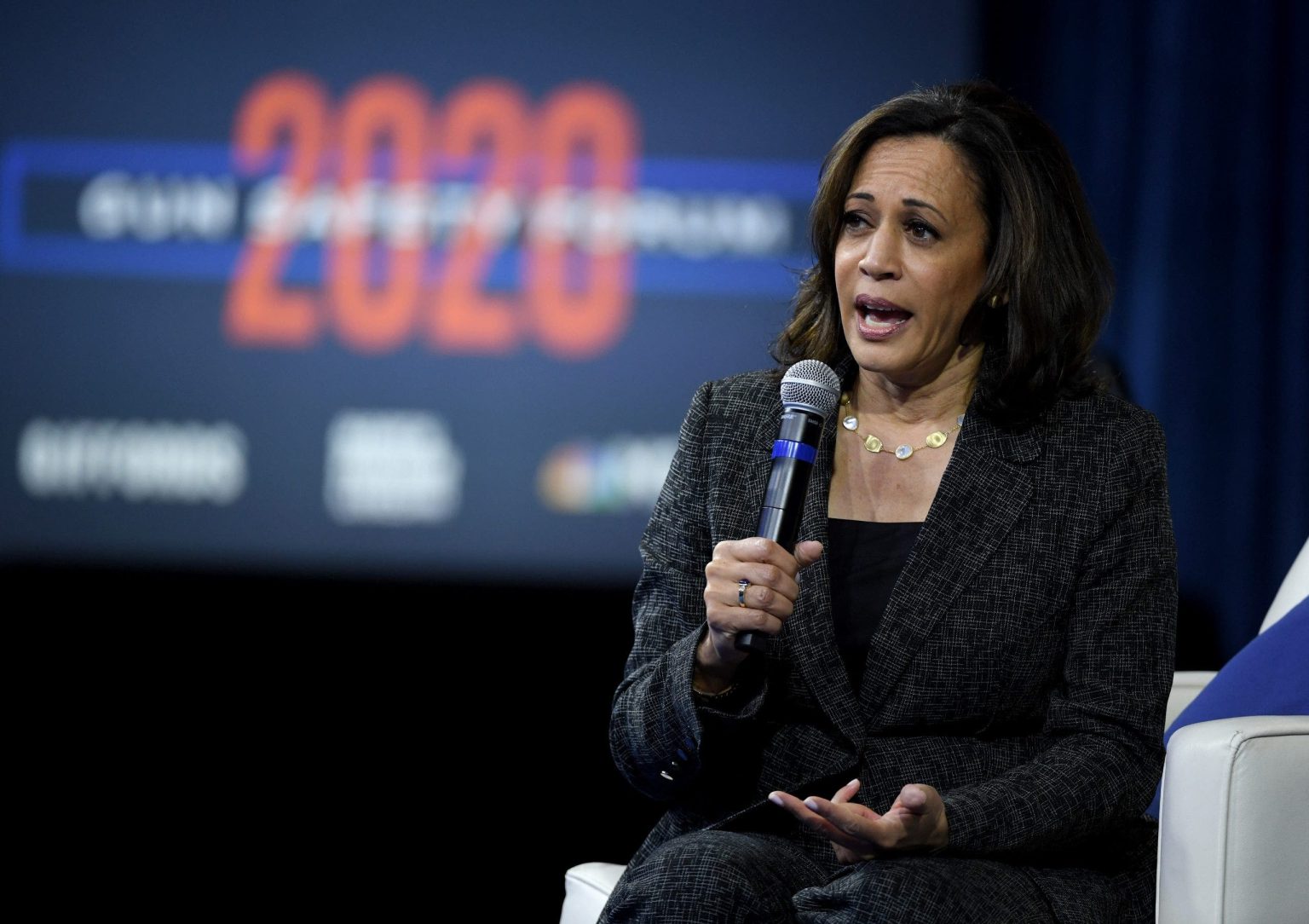As San Francisco’s district attorney, Kamala Harris played a key role in drafting and passing a law in 2007 that required gun owners to store their firearms properly at home or face penalties. The legislation, which was signed into law by Mayor Gavin Newsom, also included provisions such as a ban on possessing guns in public housing and stricter regulations on gun distributors. Harris defended the bill as an attempt to legislate “values” and encourage responsible gun ownership, despite facing criticism for her shifting positions on gun control policies as the Democratic nominee for president.
Harris has faced scrutiny for her changing stances on gun control issues as she tries to appeal to a wider range of voters. While she has tried to distance herself from President Biden and present a more moderate image, critics argue that her policies have not aligned with her statements about her values. Progressive Senator Bernie Sanders accused Harris of dropping far-left policies in order to win the election, suggesting that she is still considered a progressive but has shifted her positions for political gain. Harris has also faced backlash for her previous support of mandatory gun buybacks, which she now claims she would not pursue as vice president.
During a presidential debate, Harris was questioned about her changing stance on mandatory gun buybacks, but she did not directly respond to the question until former President Trump repeatedly pressed her on confiscating guns. Harris denied any plans to take away guns and emphasized her support for common-sense gun safety laws while clarifying that she and Minnesota Governor Tim Walz are both gun owners. A campaign spokesperson for Harris reiterated her support for upholding the law and the Second Amendment, despite her past support of controversial gun control measures.
Harris has a history of clashing with the National Rifle Association (NRA) and has been a vocal advocate for stricter gun control measures. The NRA challenged a San Francisco law banning guns in public housing, but the Supreme Court refused to hear an appeal from the NRA after the 9th U.S. Circuit of Appeals upheld the law. The court ruled that the law did not impede law-abiding citizens from using firearms to defend themselves in their homes, and that it served the government’s interest in reducing gun-related injuries and deaths. Despite opposition from the NRA and other gun rights advocates, the law was upheld by Republican-appointed judges in the 9th circuit.
Harris’s stance on gun control has evolved over the years, leading to criticism and accusations of political opportunism. While she has emphasized her support for common-sense gun safety laws, she has drawn scrutiny for her shifting positions on mandatory gun buybacks and other controversial measures. Critics argue that Harris’s changing stance on gun control issues reflects her attempt to appeal to a broader range of voters as she vies for the presidency. Despite her claims that her values have not changed, her policy shifts have drawn criticism from both progressives and conservatives alike.


